The E-WORTH protocol is for research scientists, community healthcare providers, and academics interested in a detailed description of an evidence-based multimedia intervention designed to reduce risks for HIV, sexually transmitted infections, and intimate partner violence among African American women who use drugs and are under community supervision in New York.
Read more about the study and one of the women who implemented E-WORTH at the Fortune Society.
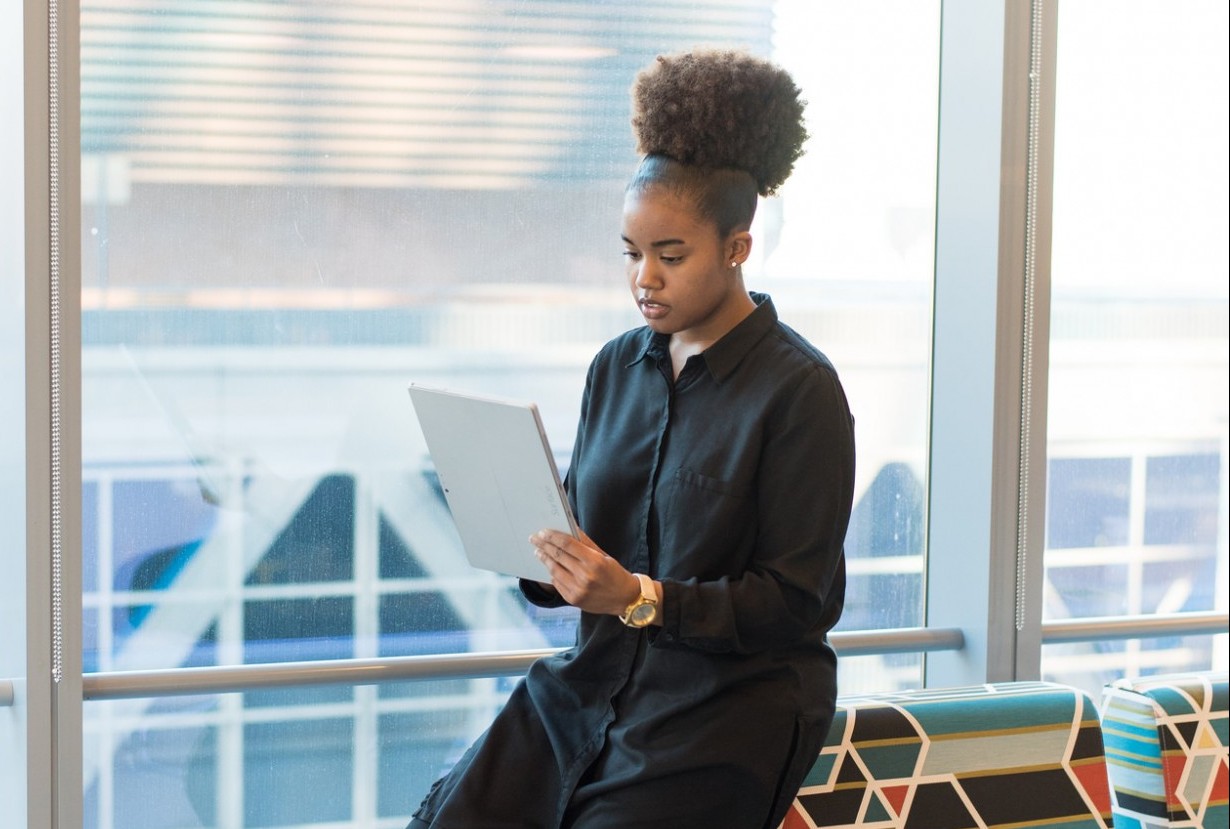
Article and interview compiled by Eleni Vlachos
Background: Why is E-WORTH needed?
Although black women are no more likely to use drugs than white women, they are much more likely to be arrested, incarcerated and placed on community supervision and serve longer sentences than white women largely due to racialized drug laws and racial disparities in arrests and sentencing for drug-related crimes. Women in the criminal justice system, particularly women in community corrections have very high rates of HIV, sexually transmitted infections, and intimate partner violence.

Although several evidence-based interventions for HIV and Sexually Transmitted Infections (STIs) have been developed for incarcerated women, only a few have focused on women in community corrections -- and none have specifically focused on black women.
Yet, rates of HIV infection and STIs among black women remain disturbingly high when compared with women of other races and ethnicities. In fact, black women account for 60% of all new HIV infections among women, although they represent only 13% of the general population of women.
Effective HIV/STI and intimate partner violence prevention services to black women -- deliverable in overburdened community correction settings -- are urgently needed. In response to this critical gap in services, the team at SIG developed Empowering African-American Women on the Road to Health: E-WORTH.
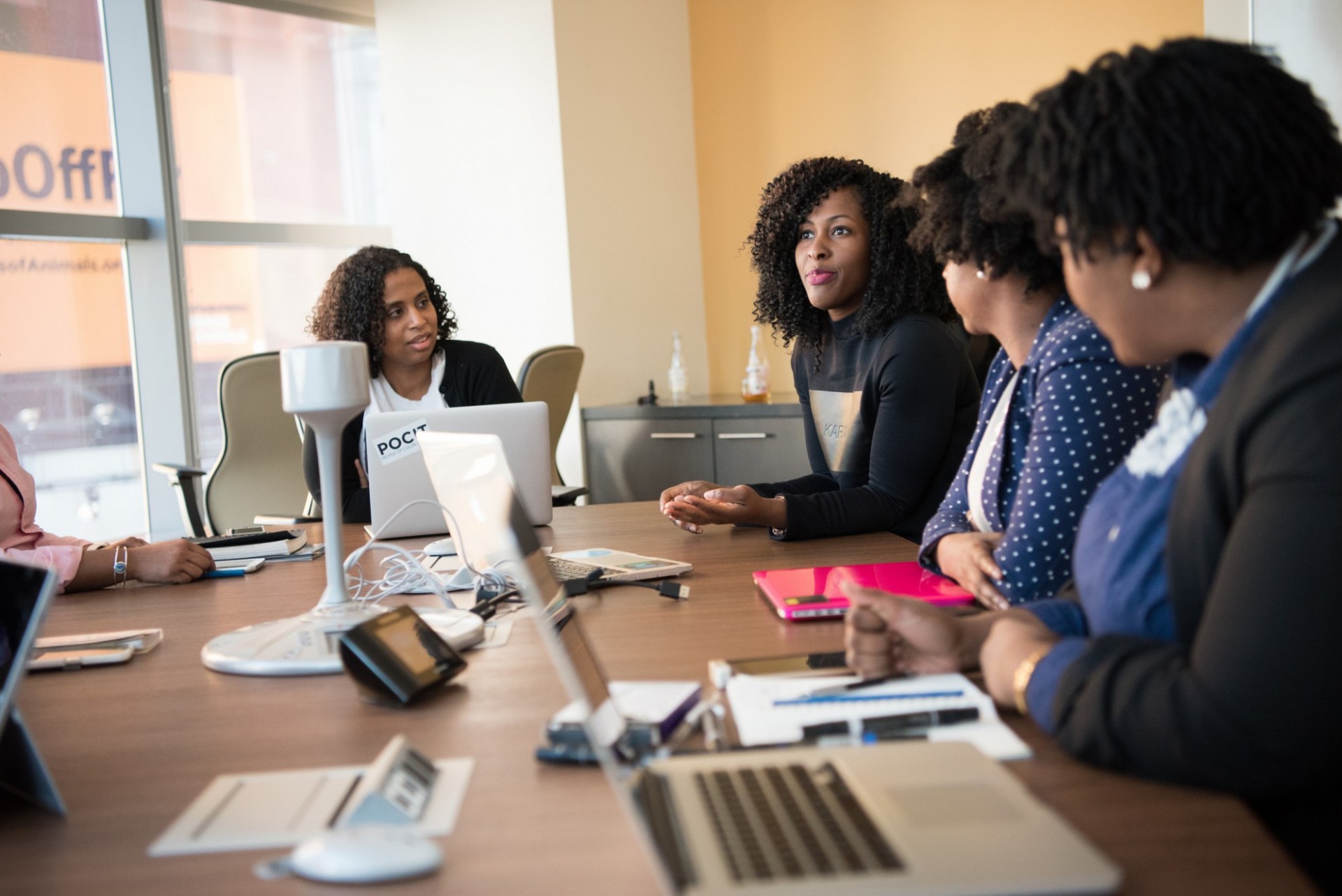
The E-WORTH intervention was adapted from the WORTH intervention which was effective in increasing condom use and reducing physical, sexual, and injurious Intimate partner violence among women in the criminal justice system over a 12-month follow-up period (compared to a Wellness Promotion Control condition).
E-WORTH was adapted to the stressors black women face within the criminal justice system including institutional racism, which makes access to HIV services difficult. E-WORTH also builds upon the historical strengths, resilience, and sense of community that black women share.
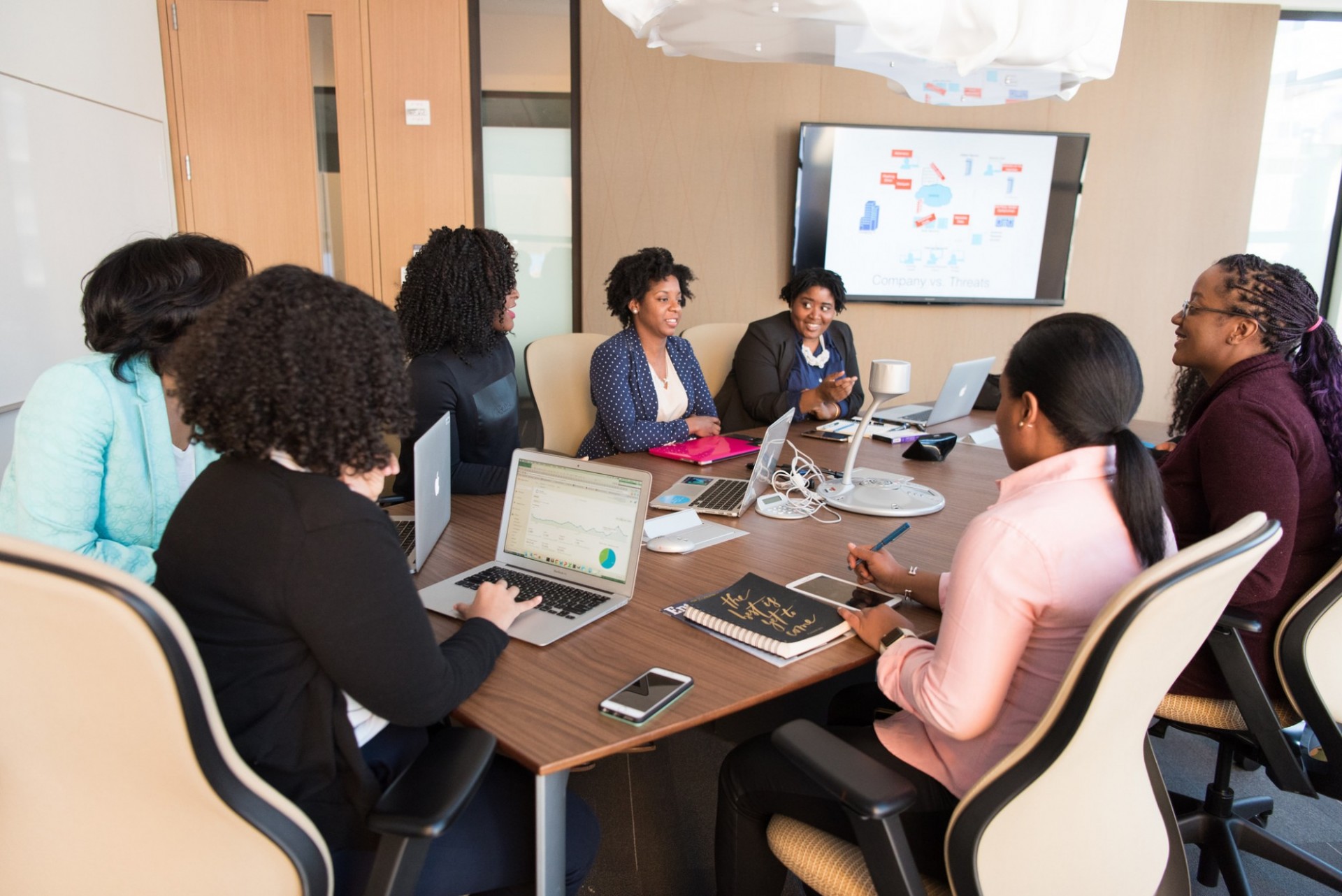
Participants in the study reported they really appreciated that the sessions spoke to them from a black women’s point of view and reality. They also liked that it was designed by black women who highlighted systemic influences, control and “isms.” Services for HIV and STI prevention and testing were also delivered by black staff.
E-WORTH toggles between a group-based intervention and computerized tools that women access through iPads provided in the sessions.
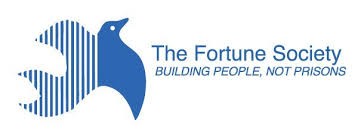
The Fortune Society, an organization that helps individuals with justice involvement rebuild their lives through innovative services and advocacy, was selected to implement E-WORTH.

Meet Carol Grannum
"But they do know you, because you are them."
E-WORTH had a total of eight facilitators at two different Fortune Society sites in Queens and Manhattan who delivered E-WORTH over a 30-month period. SIG had the opportunity to interview one of the facilitators from Fortune, Carol Grannum. Carol was the lead full-time E-WORTH group facilitator.
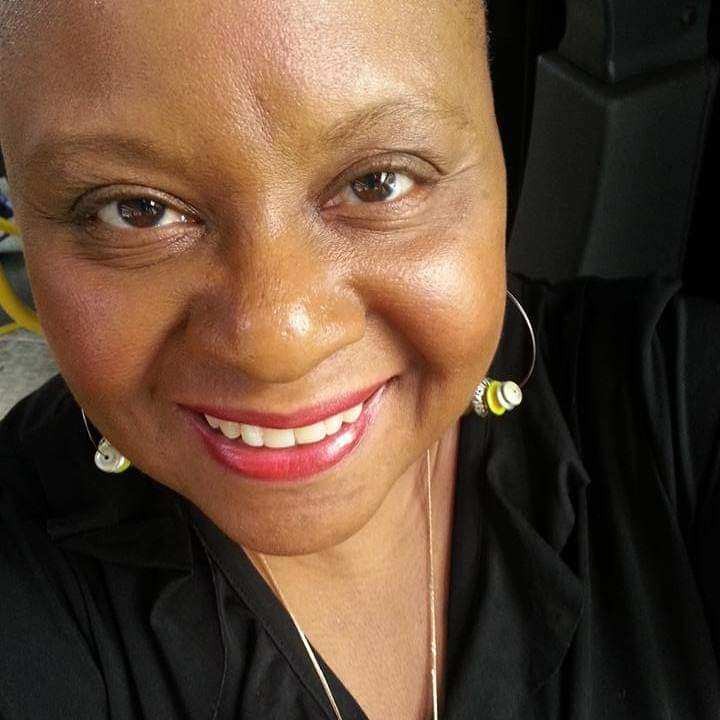
What was your role with E-WORTH?
I joined Fortune and began with E-WORTH in November 2016 as a group facilitator to deliver the “Five Sessions Intervention/Curriculum.” The intervention was delivered through Ipad tablets with an interactive dialogue. I opened and closed the sessions and there was an Online Facilitator who guided the women through 45 minutes to an hour of curriculum content.
What kind of training did you receive to facilitate E-WORTH?
I was oriented to the materials by Ambuir Henderson and Dr. Karen Johnson of Columbia University. Ambuir provided recordings of previous sessions and materials and valuable foundational information. I also had a full-day training with the other facilitators, and met with Ambuir once a week in supervision. I enjoyed also adding my own touch and experience to the work. Initially, I received technical assistance with the tablets by Columbia Research Assistants.
I was fully supported by the Columbia team, including the project director for the “day to day” E-WORTH operations in conjunction with IRB’s mandates; and my clinical support and supervision was met by Dr. Dawn Goddard-Eckrich. In addition, Christina Morse, Nancy Lopez and Adelaide C. were the Leadership team from Fortune who assured that Fortune’s component to the E-WORTH Intervention met Columbia’s mandates and the agency’s mission.
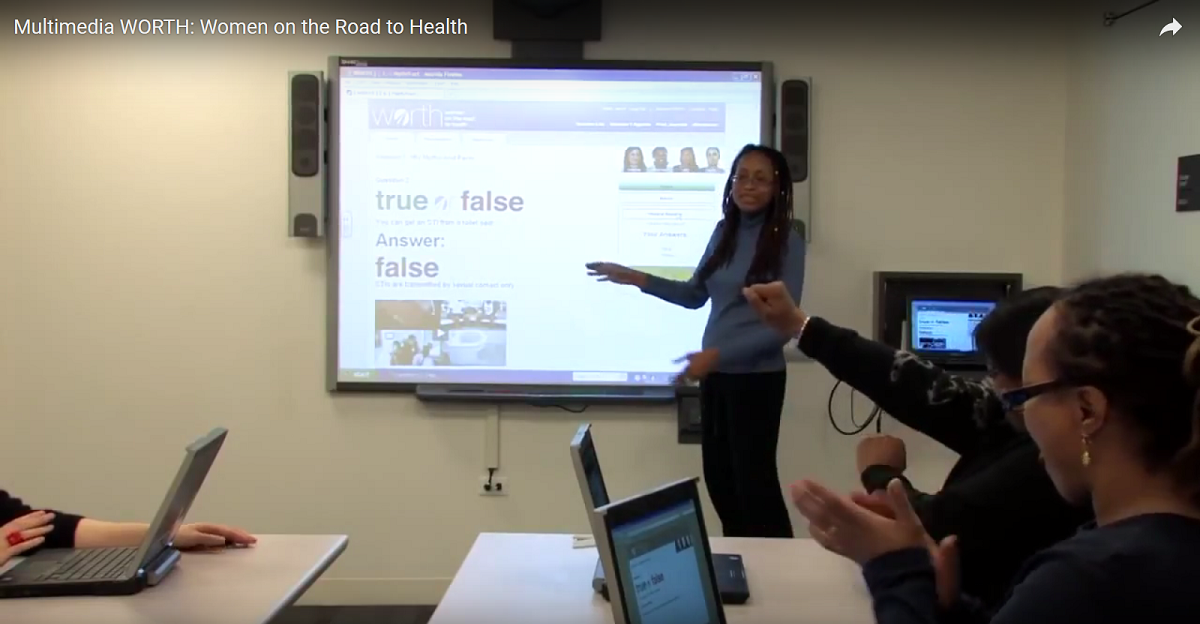
How did the actual E-WORTH training run?
The first session is about an hour and “one on one” with each woman, and includes HIV testing. If they tested positive for HIV, we would encourage them to go for treatment and support them. Fortune has a medical and clinical support system at each site.
Next were the group sessions. Within the group, we talked about commitment and why they joined study: to stay healthy and maintain safety. A description of the STIs followed with pictures. Then, the women engaged in interactive narratives of “Five women” stories with the avatars they selected. The use of tablets allowed the women to answer personal questions that might be uncomfortable to disclose, as well as track goals. Some women would get upset if the tablet repeated questions about a goal, but I would ask if they fulfilled the goals from the prior session. If not, the questions are there as a reminder to help reach those goals. Fortune Society pamphlets were also offered at every session and different staff members were invited during the Celebratory Session to talk about their specific work.
In addition to in-class activities, women were sent via text vibrant E-WORTH pictures as group notifications, “miss you” messages, as well as thank you and congratulatory sentiments at least three times a week.
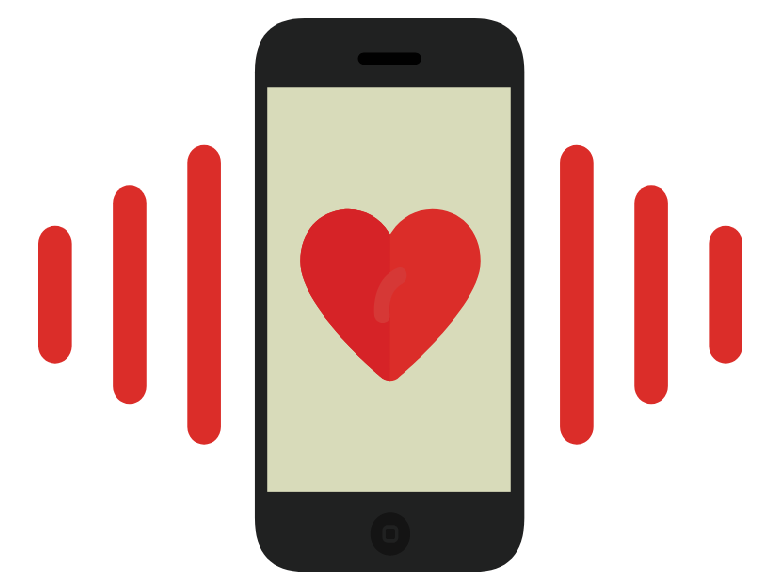
What else happened in subsequent sessions?
We wanted the women to allow us to support them in learning and enhancing the skills they already have, and to respect their specific survival skill set (which society often views as weaknesses) as strengths and self-preserving. The group were allowed to lead and support one another.
There was some role-play after a disclosure about black women’s stress, compromising how they manage their mental health and substance abuse issues. I used words from “society's point of view” and would use disparaging remarks about their incarceration history, stereotypes about “the angry black women” and about traumatic outcomes of childhood sexual violations and not being believed. The women had been socialized to believe these societal characterizations. So after this, they would respond and share their experiences.
Dear Carol,
I had a lot of fun here at E-WORTH. Being a part of something greater than myself gave me a sense of purpose. It also gave me something to look forward to each week. Keep inspiring other women.
We eventually got into negotiation skills, such as safe talk around domestic violence. How to slow down a sexual encounter, and making a smart goal around this. For instance, are you meeting your partner and having a serious discussion with them? Make sure someone else knows you are having this conversation and pre-plan the next steps for support and mostly housing relocation.
The curriculum was beautifully laid out. By session five, they could tell us about their experience and what can be better.
Thanks for helping us through this journey of safe and great health!
What did you see as the biggest impact for the women?
Giving them an opportunity to see that they were not born to be challenged by society -- the system was already in place. Asking, “Where do we go from here?” and giving them the opportunity to challenge their own trauma and pursue healing. The HIV and STI testing was also key.
One group of women wanted to continue the sessions even when they were over. When asked to write inspirational words for one another, some group mates were brought to tears, some even receiving cards if they had not been to all the sessions. These women said, “But they didn’t even know me.” And I said, “But they do know you, because you are them."
There is also a thing about not being believed. One of the women said she believed I didn’t compensate her. I told her I didn’t know for sure, it was hectic. She began crying, and said “No one ever believes me when I tell them I didn’t do something, but you didn’t challenge me - I was so afraid to tell you, I thought you would think because have a criminal past and I was lying.”
Dear Carol,
I just wanted to say thank you for the wonderful experience. You are a beautiful soul and strong woman. I was pleased having you as a facilitator and sister.
What aspects of the E-WORTH facilitator training were most useful to you?
The training was my cup of tea! My background is in domestic violence, so I am not a stranger to the lives of the E-WORTH women. What was important to me was that the content of the training and desired outcome of the study be a true depiction of the systemic control and consequential realities of the women’s life experiences as we and I knew it to be. The curriculum covered those aspects – I was very impressed by that.
The curriculum stands on its own. As a facilitator if you can set an environment and deliver a lesson you can deliver this. It was clearly laid out, and you can hit the points but also make it your own. I also appreciated that doctors opened up the session who looked like them … so important. It was also helpful to learn about diseases.
Lastly, the women would not have come to E-WORTH during my tenure without the Research Assistants (Chermaine, Delia, Daniel, Jasmine) who had a respectful, caring and compassionate approach during engagement and recruitment phase. I appreciated their consistency of holistic care and concern, which they established with each woman, and the bridge to E-WORTH’s purposely designed learning environment that facilitated opportunities for their holistic healing by use of their respected voice.
Never give up. Never settle for less. Remember POP Smart Goals & Safe.
As of August 6th Carol Grannum is the new ESS Health Educator for Fortune’s Health Services Division, a project funded by The AIDS Institute. Read more about the Fortune Society here.
How can others benefit from E-WORTH?
Researchers at SIG are using mixed methods to rigorously evaluate how E-WORTH is being implemented and sustained in real-world settings, and get a better sense of any factors that impede or sustain progress in real-world settings like Fortune. Outcomes from the evaluation of this study will be available in about one year.
In the meantime, potential implementers are welcome to get in touch with the SIG team to ask about implementation.
- Principal Investigators: Drs. Louisa Gilbert and Nabila El-Bassel
- Co-Investigator/Project Director: Dr. Dawn Goddard-Eckrich
- Co-Investigator/Trainer: Dr. Timothy Hunt
- First author: Dr. Karen Johnson
- Collaborators: NYC Department of Probation and the Fortune Society.
- Funding source: NIDA
Related: Learn more about the Worth study

